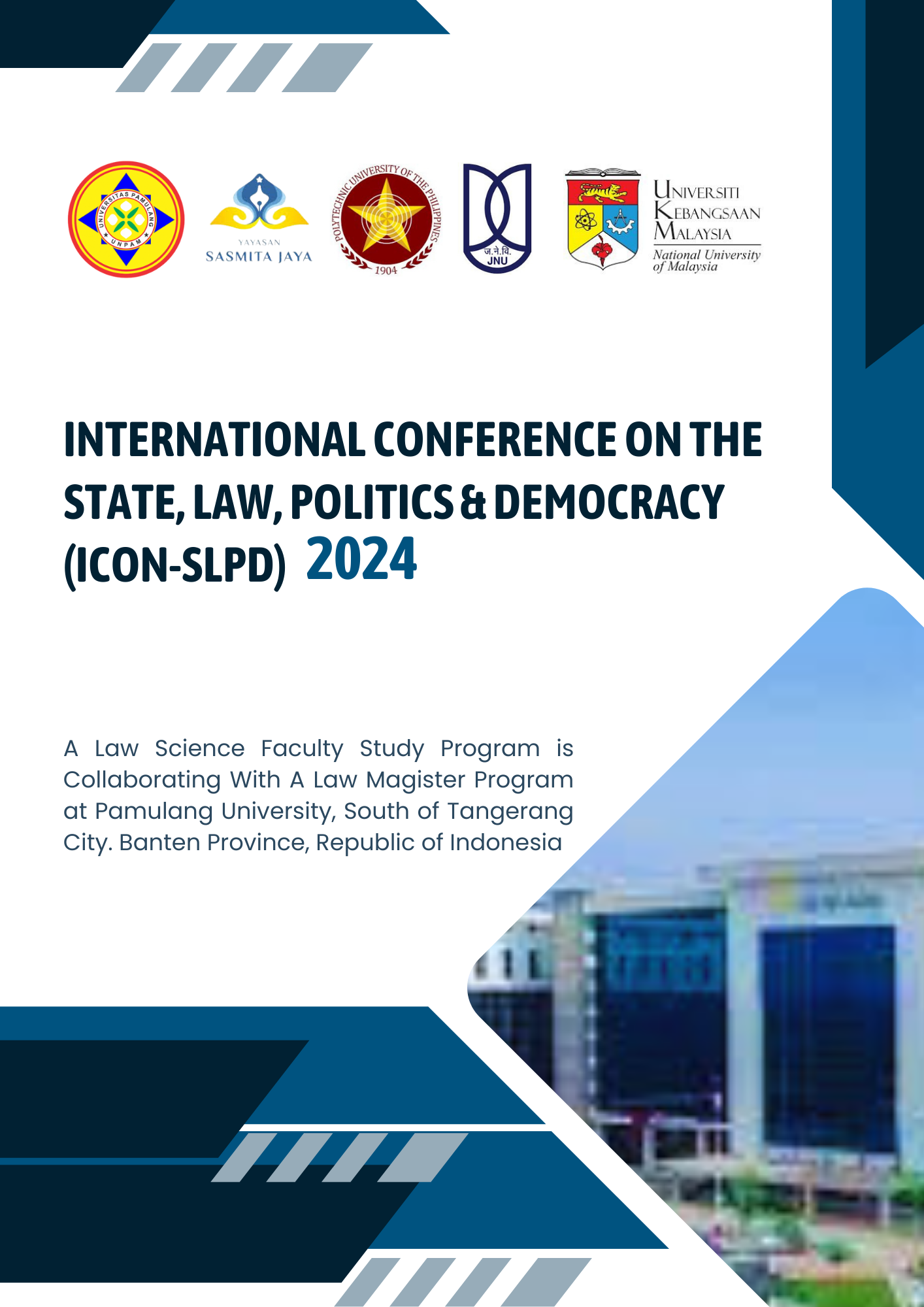Legal Implications and Sanctions There are Online Gambling Practices According to the Criminal Code and According to the ITE Law
Keywords:
online gambling, Criminal Code, ITE Law, legal sanctions, EradicationAbstract
In the digital age, the practice of online gambling has become an increasingly complex problem and requires serious attention. Online gambling can be betting, gambling, or other activities that are high-risk and can cause material and moral harm to individuals. In the legal context, online gambling can be sanctioned under the Electronic Information and Transaction Law (ITE Law) and the Criminal Code (Criminal Code).legal implications and sanctions against online gambling practices based on the Criminal Code and the ITE Law. The ITE Law also provides sanctions against online gambling, such as prison sentences and fines, as well as administrative sanctions. However, there are still several obstacles in the application of the law to online gambling, such as difficulties in obtaining evidence and difficulties in identifying online gambling perpetrators. Therefore, this study suggests that governments and legal institutions increase efforts in eradicating online gambling and increase public awareness of the risks of online gambling.
References
Septu H.B, Azizah N.A. The Phenomenon of Online Gambling: Factors, Impacts, Legal Liability.pp. 4-5
Nur Kholis A.S, Tri Susilowati, M. Ajid H. (2022) Juridical Review of Online Gambling in Indonesia.p. 74
Nur Khabibatus S, Ifahdah Pratama Hapsari, & Hardian Iskandar. Gorontalo: Criminal Liability for Indonesian Online Gamblers. Vol.5 , pp. 163-164
Eddy O.S.Hiariej. Principles of Criminal Law (Yogyakarta: Cahaya Atma Pustaka, 2014).
Arief, B. N. (2005). Potpourri Criminal Law Policy. Citra Aditya Bakti
Decision No.1240/Pid.Sus/2022? PN.Tng, p. 379
Waluyo, B. (1998). Sinar Grafika. The Evidentiary System in the Indonesian Judiciary. Jakarta.p.3
ITE Law No. 11 of 2008 concerning ELECTRONIC INFORMATION AND TRANSACTIONS
Explanation of ITE Law No. 11 of 2008 CONCERNING INFORMATION AND ELECTRONIC TRANSACTIONS Article 1 number 5





